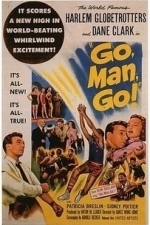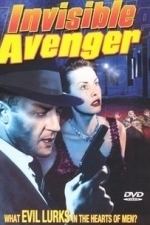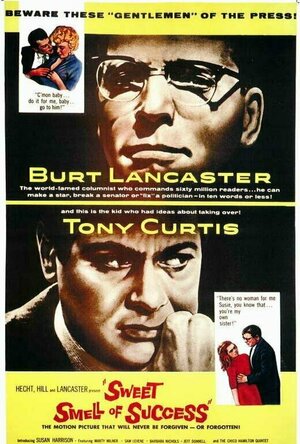Search
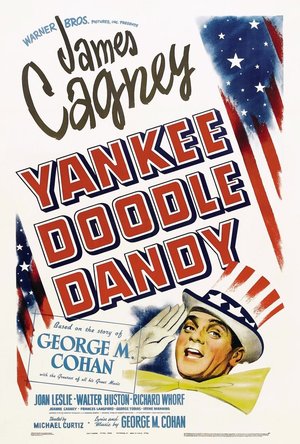
Yankee Doodle Dandy (1942)
Movie
The rousing career and patriotic exploits of musical composer, playwright, actor, dancer, singer,...
Biopic Harrigan The Yankee Doodle Boy Give My Regards To Broadway Mary's a Grand Old Name Forty-Five Minutes from Broadway
Alec Baldwin recommended Sweet Smell of Success (1957) in Movies (curated)
Sacha Gervasi recommended Sweet Smell of Success (1957) in Movies (curated)
Richard Hell recommended Sweet Smell of Success (1957) in Movies (curated)
Pat Healy recommended Sweet Smell of Success (1957) in Movies (curated)
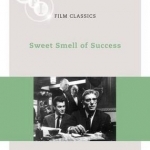
Sweet Smell of Success
Book
The highest artistic achievement of Hecht-Hill-Lancaster, an innovative production company that...
